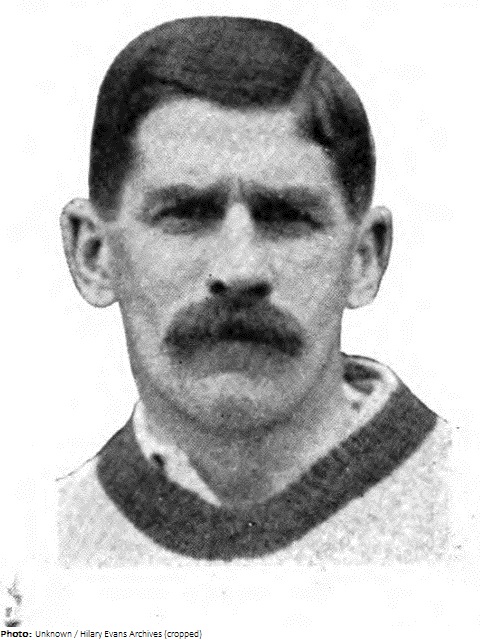
| Roles | Referee |
|---|---|
| Sex | Male |
| Full name | Charles•Wreford-Brown |
| Used name | Charles•Wreford-Brown |
| Born | 9 October 1866 in Clifton, England (GBR) |
| Died | 26 November 1951 (aged 85 years 1 month 17 days) in Bayswater, England (GBR) |
| NOC |  Great Britain Great Britain |
Charles Wreford-Brown dedicated more than 60 years of his life to football as either a player, referee, administrator and member of the Football Association. He started both his football and cricket careers during his time at Charterhouse School, and in his final year in 1885, was captain of both first elevens. He continued to play both sports after going to Oriel College, Oxford, and was a football Blue in 1888 and 1889, captaining the side in the second of those years. A true amateur, Wreford-Brown had no desire to be part of professionalism coming into football at the end of the 19th century. Instead he pursued his profession as a partner in a London firm of solicitors, while playing sport for fun.
Apart from playing football for Oxford, Wreford-Brown also played for the highly successful Corinthian FC, the Old Carthusians, and was a four-time England international between 1889-98. He also played first class cricket for Gloucestershire between 1886-98, at a time when the legendary W. G. Grace also played for the County. With the Old Carthusians, Wreford-Brown won the very first FA Amateur Cup in 1894 and won it a second time in 1897. They won the London Senior Cup four times in five years, 1895-97 and 1899, and were the first winners of the Arthur Dunn Cup in 1903. Playing for England against Wales in 1894 and 1895, Wreford-Brown was part of England football history as they were the only two occasions the England team was made up entirely of players from one club, the Corinthians.
Wreford-Brown served the Football Association (FA) as a committee member on three occasions between 1892-1904 and served on the FA Council from 1919-41, and from 1941, until his death, was a life vice-president of the FA, one of the few ex-players to be so honoured. He was also a member of the FA’s international selection committee for many years. At the 1920 Antwerpen Olympics, Wreford-Brown was one of the British officials for the football competition and was a linesman in the Belgium – Netherlands semi-final and also the final between Belgium and Czechoslovakia.
Wreford-Brown was also one of Britain’s best amateur chess players. In 1924 he played 11 games representing Great Britain in the unofficial Paris Olympiad. During the 1933 British Championships at Hastings, he had to reluctantly withdraw from the competition after just two games, following a heart attack. Wreford-Brown is supposed to have been credited for giving the word “soccer” to the English language, but there is no concrete evidence to substantiate this. His son Anthony also went to Charterhouse, Oxford, and was a first-class cricketer, with Sussex, as was Wreford-Brown’s brother Oswald, who was killed at the Battle of the Somme in 1916. He too played first class cricket, and captained Charterhouse.
| Games | Sport (Discipline) / Event | NOC / Team | Phase | Unit | Role | As | |
|---|---|---|---|---|---|---|---|
| 1920 Summer Olympics | Football (Football) |  GBR GBR |
Charles Wreford-Brown | ||||
| Football, Men (Olympic) | Match 1/2 | Belgium — Czechoslovakia | Linesman | ||||
| Football, Men (Olympic) | Match #2 | Belgium — Netherlands | Linesman |